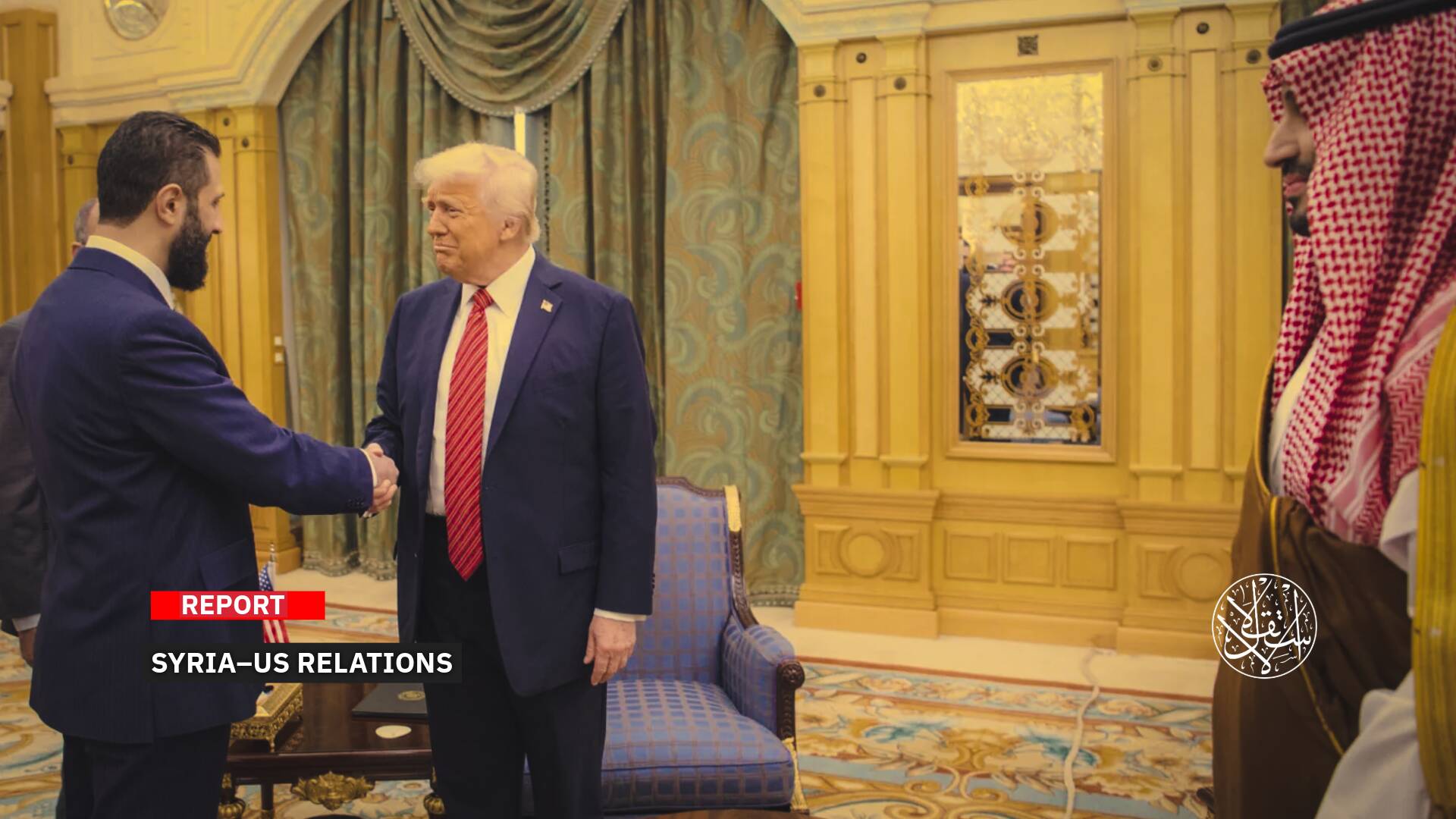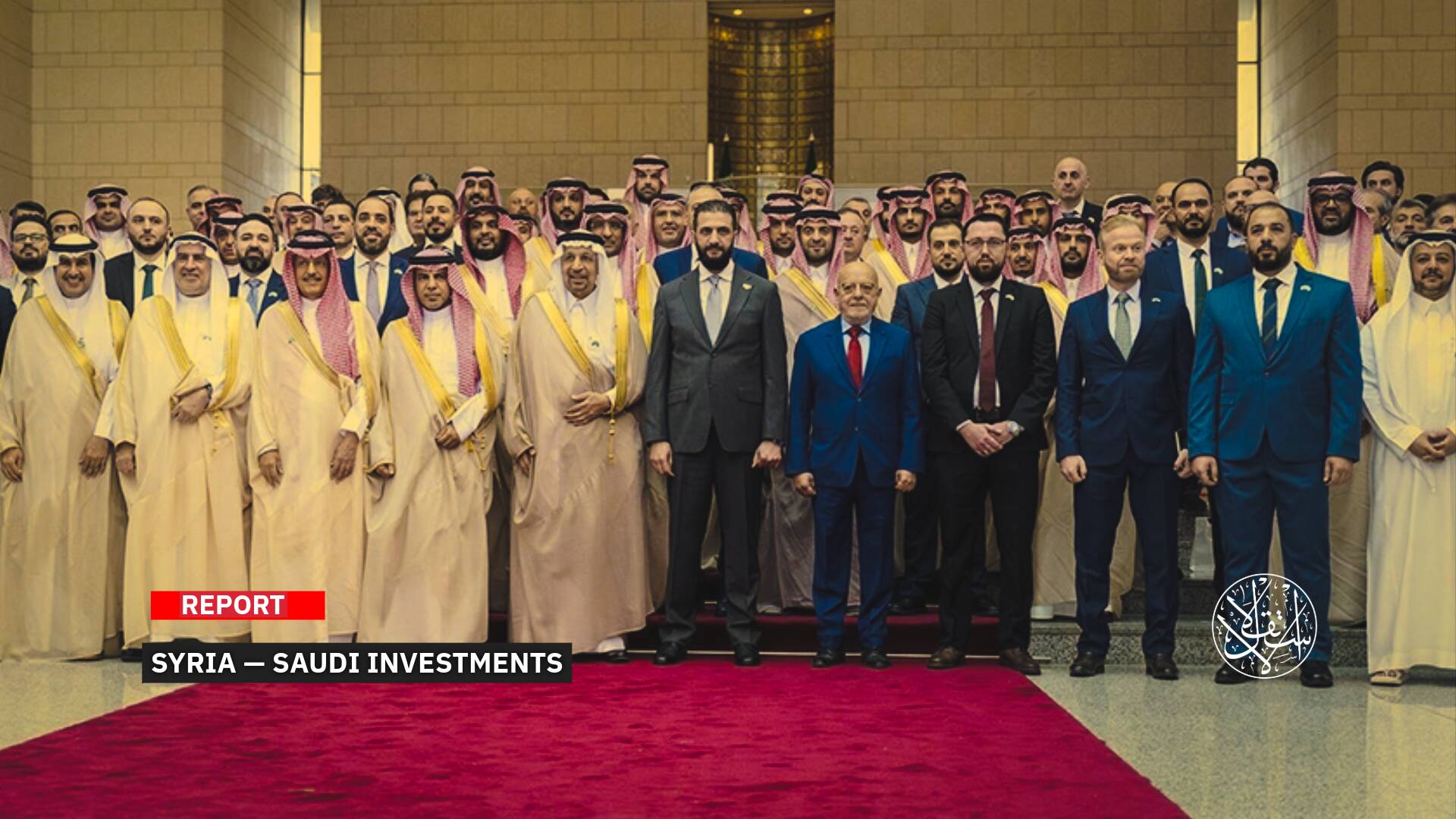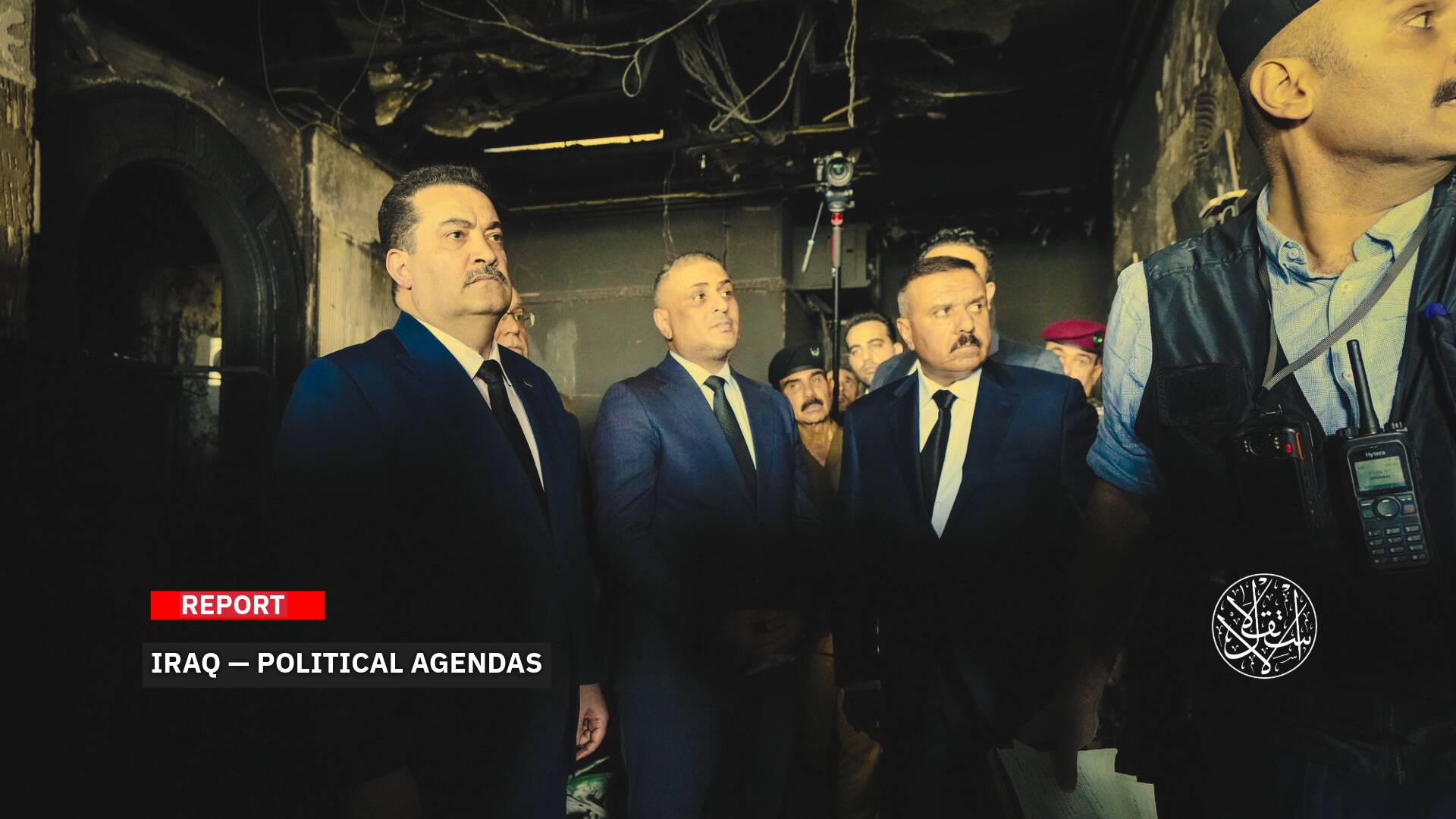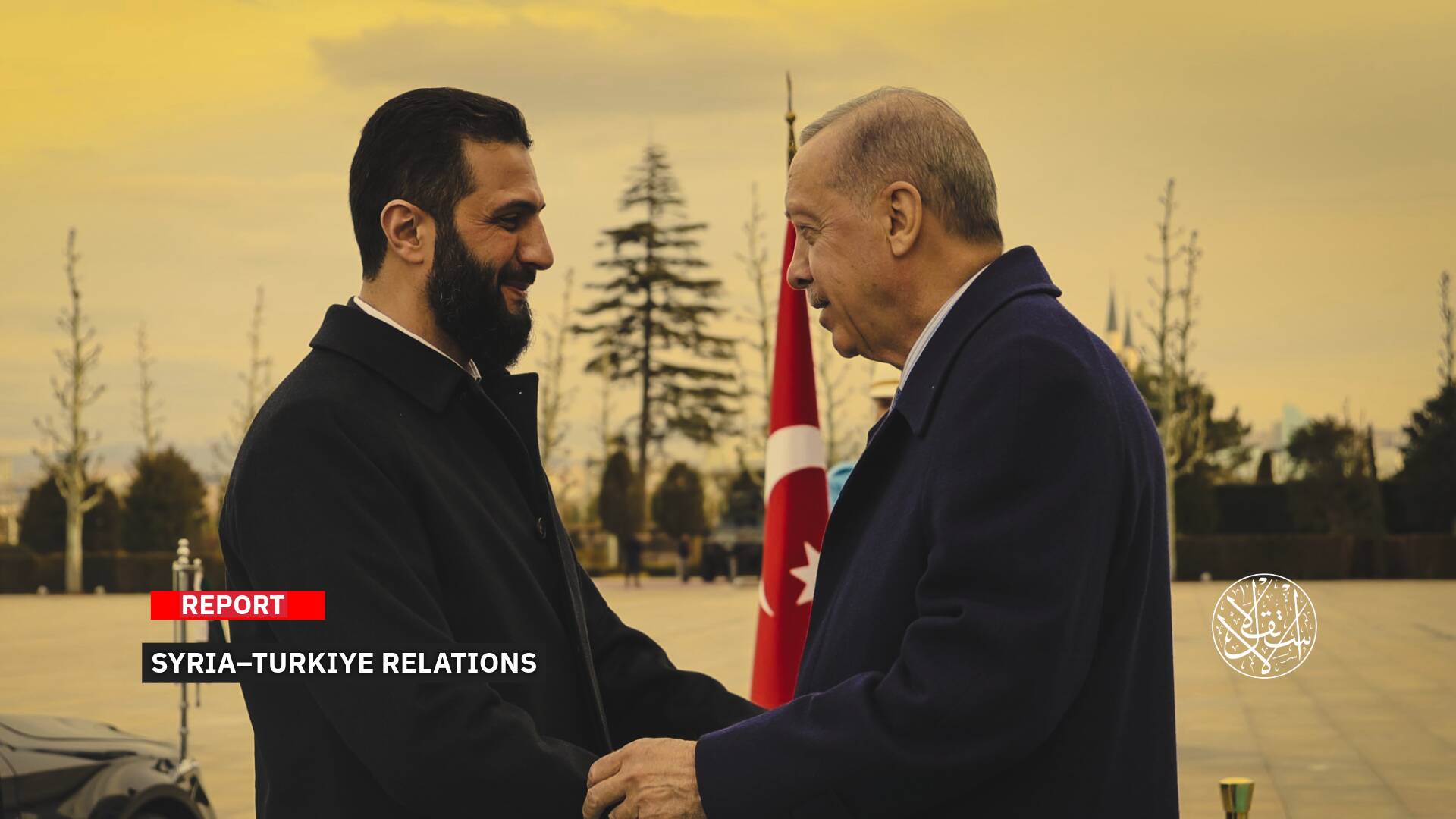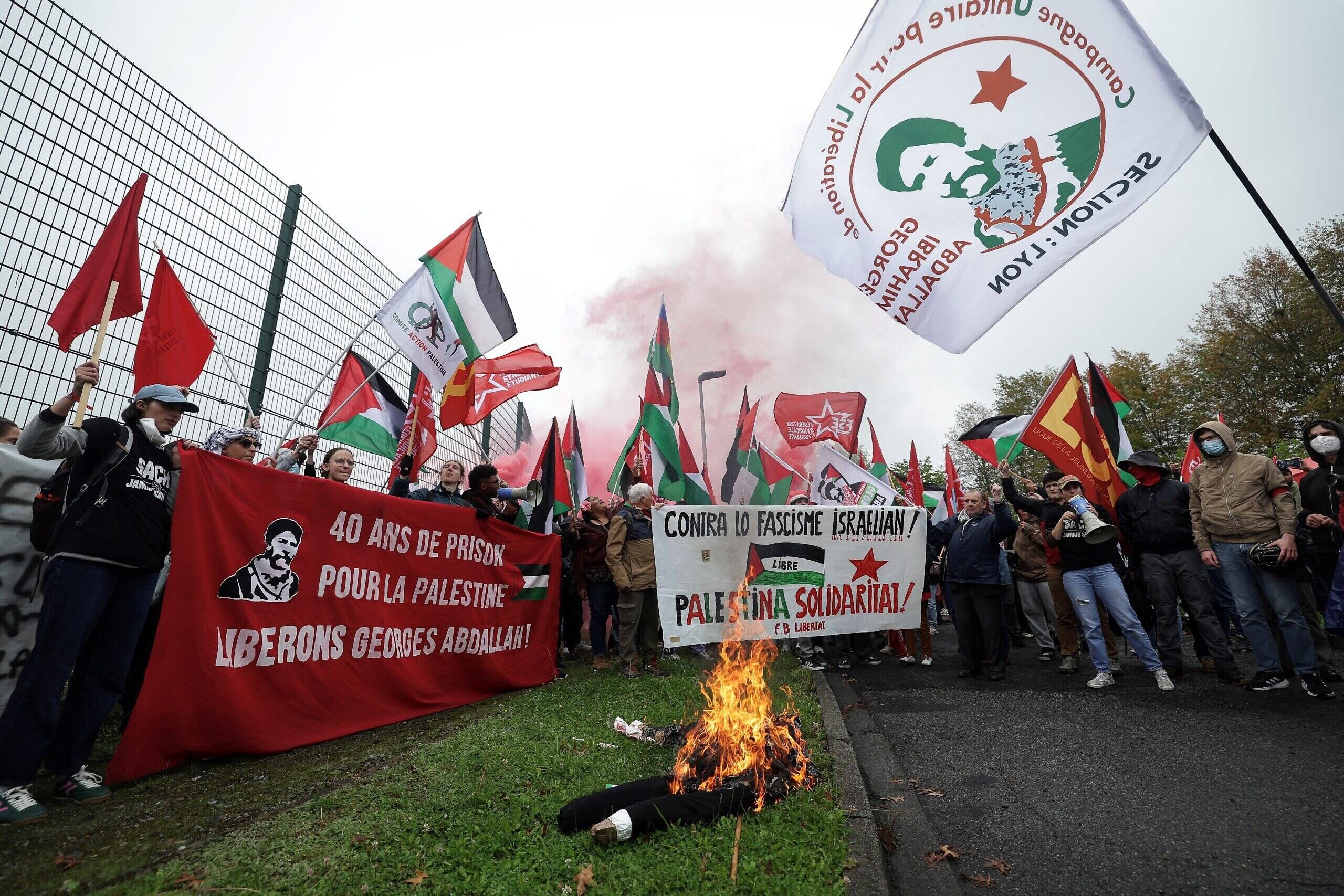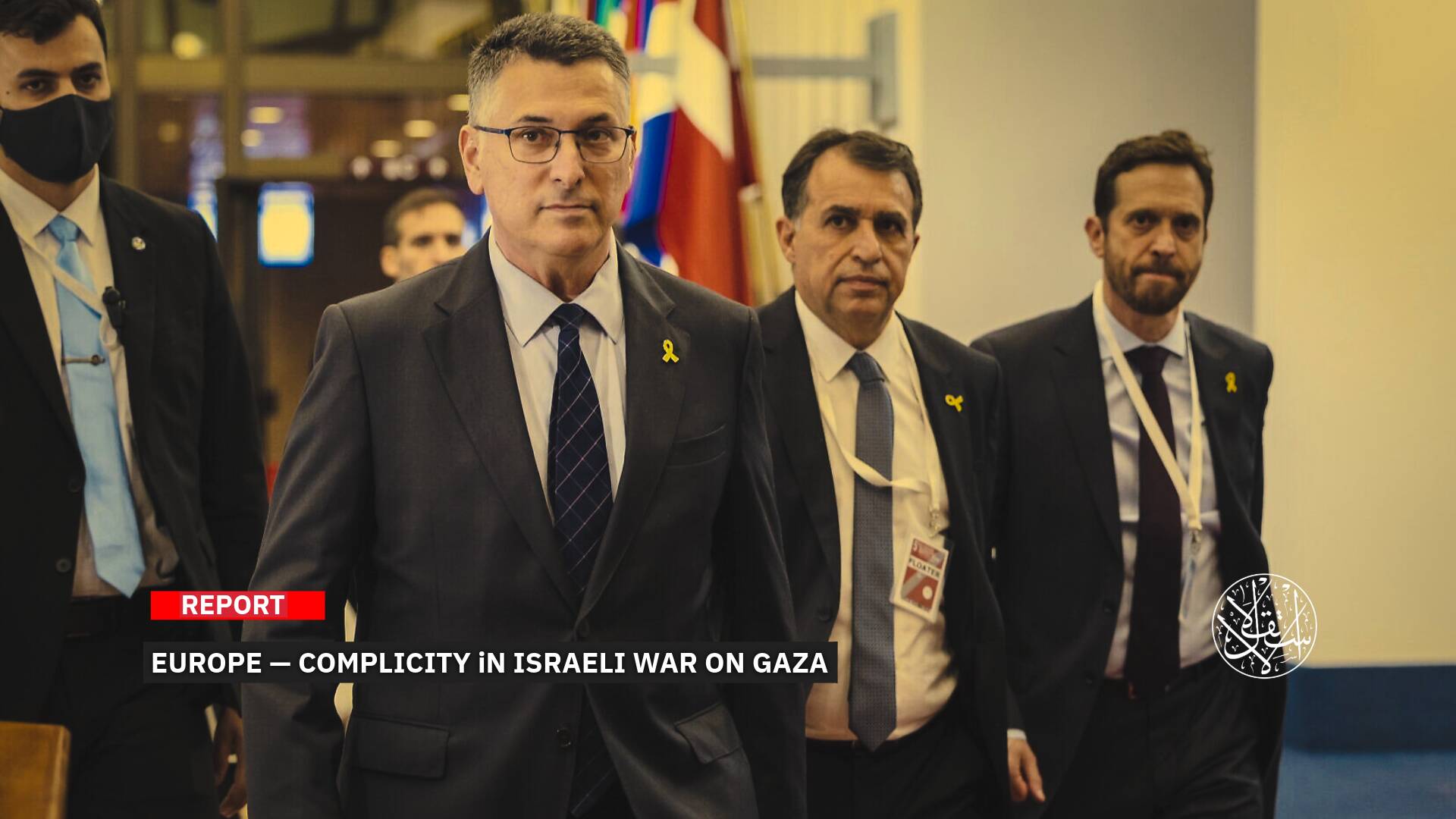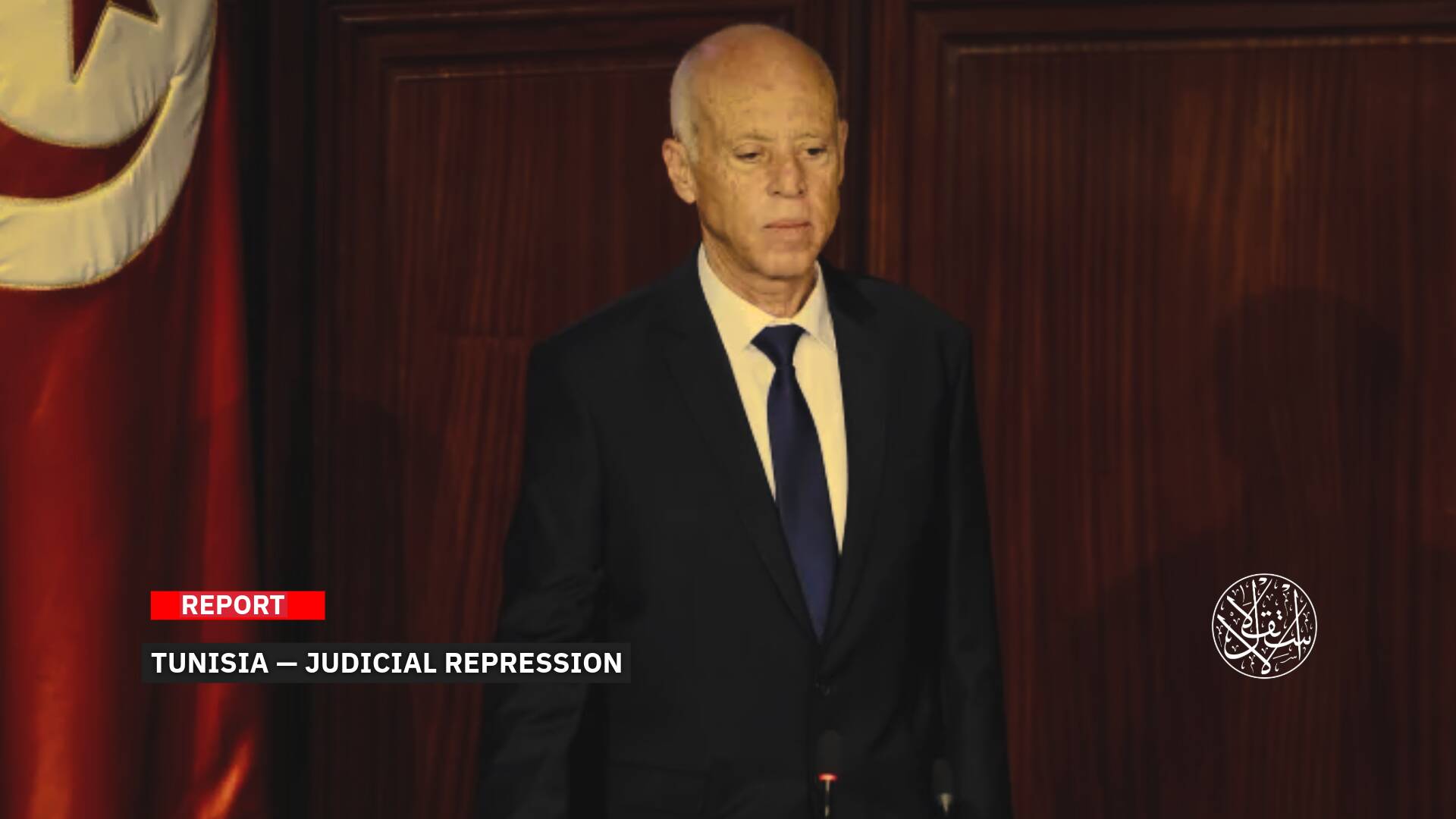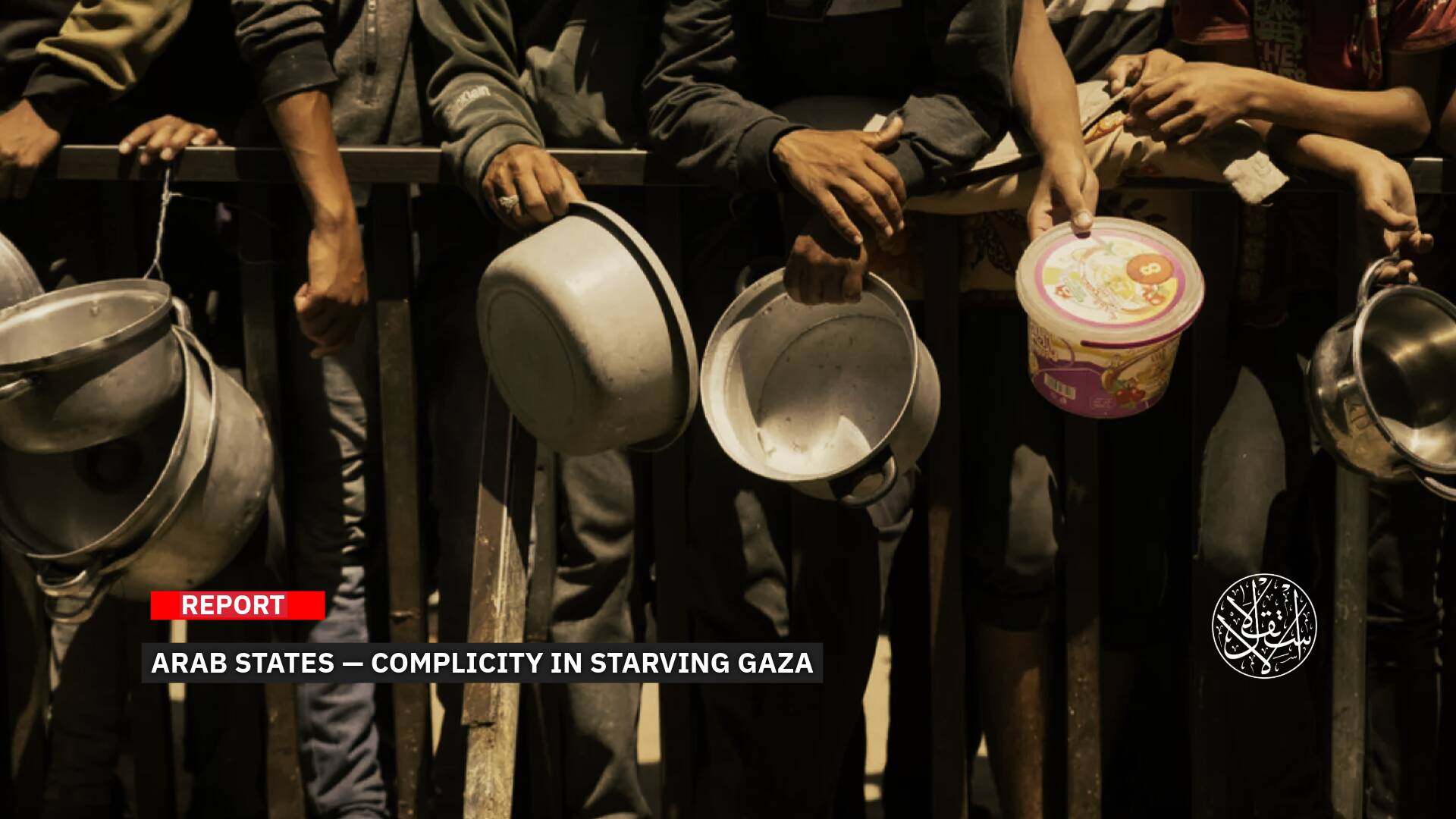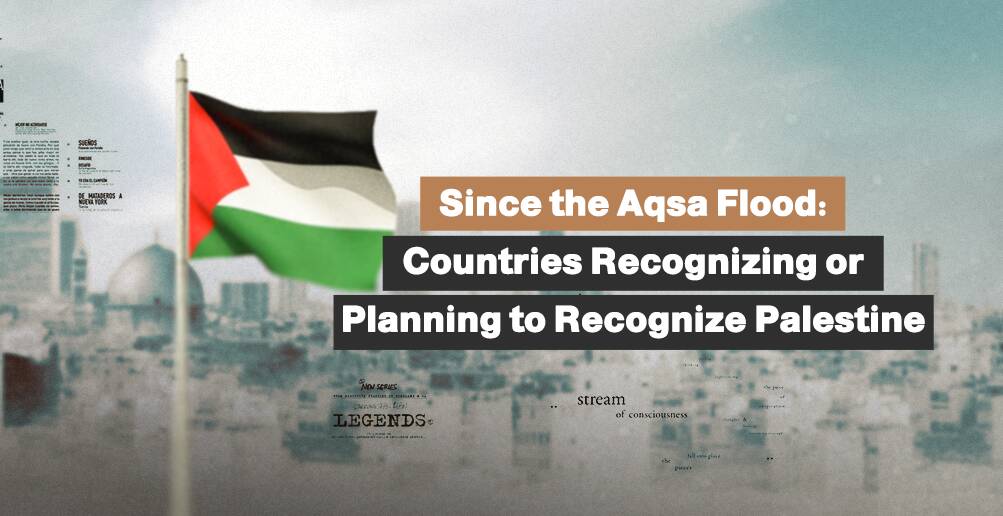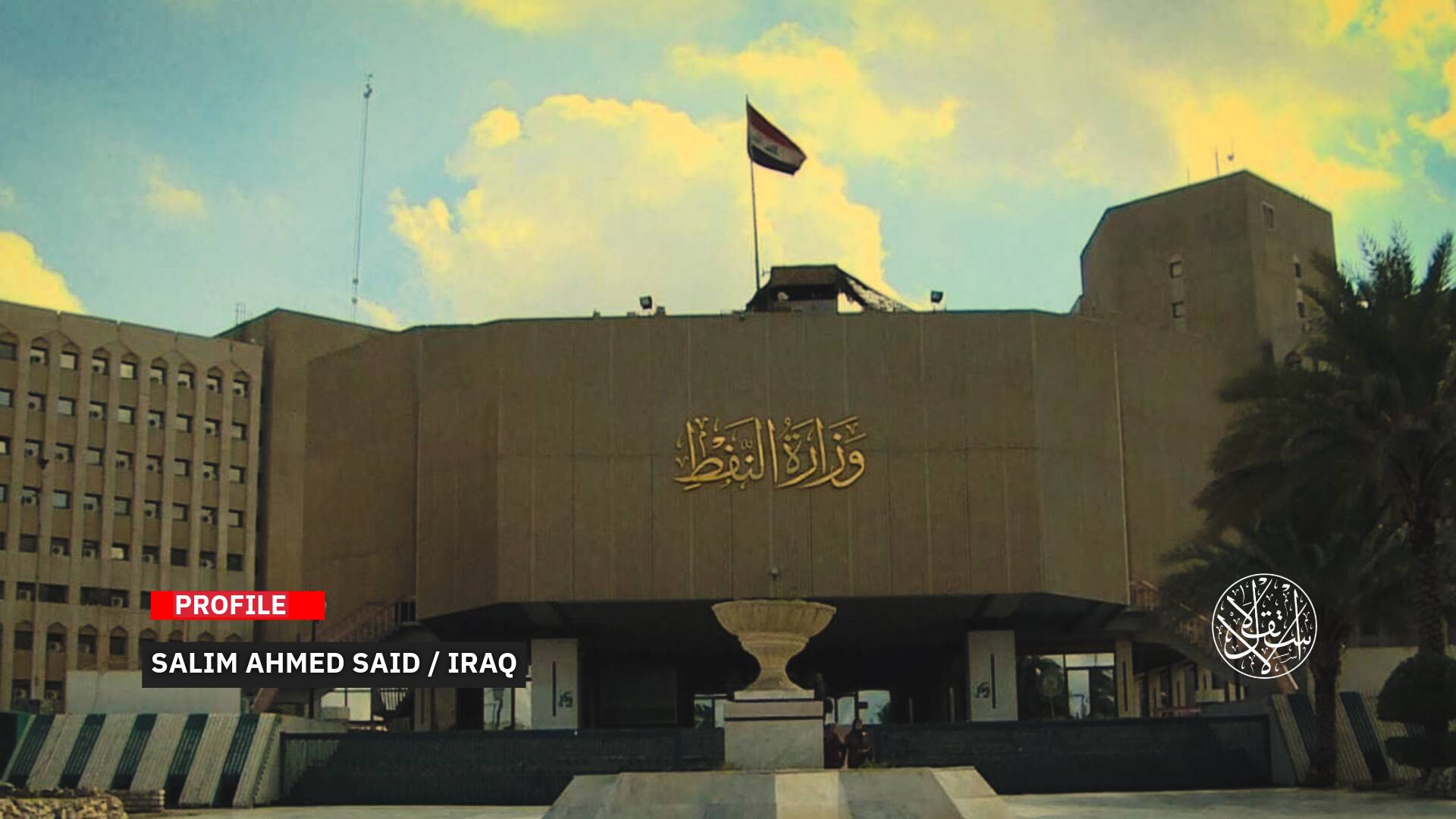Syria and Iraq Grow Closer: How Shared Interests Triumphed Old Fears

Supplying Iraqi oil to Syria aims to cut reliance on Kurdistan’s exports via Turkiye's Ceyhan port.
Despite sectarian rhetoric from Shiite militias involved in the government, Iraq appears to be turning a new page with neighboring Syria following the fall of Bashar al-Assad, with a clear focus on shared interests.
Since Assad’s fall on December 8, 2024, Iran-aligned political forces in Iraq have pushed for a break with the new Syrian leadership, urging the government to avoid engagement with President Ahmed al-Sharaa’s administration.
However, despite his militia affiliations, Prime Minister Mohammed Shia’ al-Sudani appears to be steering a new course in Iraq’s relationship with post-war Syria.
This shift became strikingly clear when al-Sudani met with al-Sharaa in Doha on April 16, 2025, in the presence of Qatar’s Emir, Sheikh Tamim bin Hamad al-Thani. The meeting, kept under wraps by the official media in all three countries, was only revealed days later.
The encounter came as a political surprise, particularly to pro-Iranian factions within Iraq.

Iraq and the New Syria
Iraq isn’t stopping at symbolic gestures; it has followed up with new “reassurance messages” to Syria, this time delivered by National Intelligence Chief Hamid al-Shatri, who led an official delegation to Damascus on April 26, 2025.
According to the Iraqi News Agency, the delegation met with President Ahmed al-Sharaa and senior Syrian officials to discuss expanding trade opportunities and exploring the rehabilitation of the Iraqi oil pipeline that runs through Syrian territory to Mediterranean ports.
The talks also covered cooperation on counterterrorism and strengthening border security to prevent violations and potential threats.
The Iraqi delegation reaffirmed Baghdad’s support for Syria’s sovereignty and territorial integrity, stressing that Syrian stability is crucial for both Iraq’s national security and regional peace.
President al-Sharaa expressed readiness to cooperate with Iraq across multiple sectors, according to Syria’s state news agency, SANA.
Both sides agreed to encourage mutual investment and pursue trade deals in oil and grain, while also working on a framework to reopen the strategic al–Tanf–al–Waleed border crossing.
This is al-Shatri’s second trip to Damascus since Assad’s fall; the first was on December 26, 2024, when he personally delivered a message from Prime Minister al-Sudani to President al-Sharaa at the Presidential Palace.
The latest visit comes amid vocal opposition from prominent Iran-aligned politicians in Iraq who are protesting the possibility of al-Sharaa attending the upcoming Arab League Summit in Baghdad on May 17, 2025, following an official invitation.
Still, observers note that the visit’s economic focus—and its emphasis on strategic projects—signals Baghdad’s intent to highlight the long-term benefits of re-engaging with Syria.
Among the key proposals is the revival of the Kirkuk–Baniyas pipeline, one of the oldest crude oil export routes in the Middle East. Built in 1952, the 800-kilometer pipeline once had a capacity of 300,000 barrels per day but has been repeatedly shut down due to political and security turmoil.
While the pipeline offers Baghdad a vital gateway to the Mediterranean, it faces serious challenges. Years of war have left the infrastructure in disrepair, and restoring it could cost over $8 billion, according to the energy site Attaqa.
Still, the Kirkuk–Baniyas route presents a cost-effective alternative to the Aqaba pipeline, which faces internal opposition in Iraq due to its potential termination point in the Israeli Occupation.
Experts point out that the Syrian route offers a shorter path to European markets and greater export flexibility without relying on the Suez Canal.
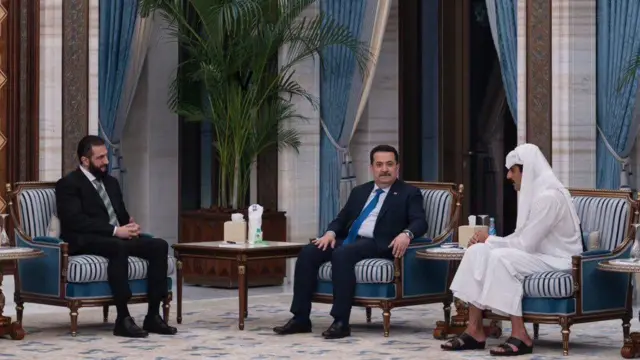
A Message to Iran
According to Iraqi government sources, reviving the Kirkuk–Baniyas pipeline has become a strategic priority, especially after crude exports through Turkiye’s Ceyhan port were halted for two years. Reports underscore Baghdad’s urgent need for safer and more sustainable alternatives.
Following Assad’s fall, oil exports to Syria came to a stop. For years, Iraqi oil had been trucked across the border to areas under Assad’s control, though never through formal channels. Instead, it moved via a network of systematic smuggling operations orchestrated by Iran-backed Iraqi militias, forces that had also sent tens of thousands of foreign Shia fighters to support Assad over the past 14 years.
Iraqi MP Mustafa Sanad stated in December 2024 that Iraq had been supplying Syria with around 120,000 tons of black oil per month.
In this context, Iraq’s outreach to the new Syrian leadership is increasingly seen as a calculated move to distance Baghdad’s current Syria policy from Tehran’s influence.
Syrian researcher Ammar Jalo said any meaningful political and security partnership between Baghdad and Damascus will likely begin with expanded economic and trade ties, areas in which both countries are naturally aligned.
“Iraq’s proposals to deepen economic ties came before official diplomatic normalization and ahead of any resolution of the lingering political and security disputes between the two,” he told Al-Estiklal.
“Separating economics from politics has worked for other nations with strained ties, but in the Iraqi-Syrian case, the situation is more fragile.”
“Both states face unstable security conditions, deeply entangled issues, and a lack of clear political will on either side,” he added.
Still, Jalo argued that Iraq appears well aware of the value in rebuilding ties with Syria, particularly for gaining access to the Mediterranean, either through the pipeline or other channels. For Baghdad, that offers greater room to maneuver in its dealings with Kurdistan, Turkiye, and Iran.
Syria, in turn, stands to benefit through discounted oil, transit fees, new markets for its goods, and more reliable supply chains.
“These shared interests could accelerate political normalization,” Jalo said, “despite opposition from powerful political and military factions in Iraq.” The researcher added that cooperation on countering ISIS could also strengthen bilateral coordination across other sectors.
Jalo concluded by pointing to a broader regional dynamic: “There’s an Arab message being delivered to Iraq, and indirectly to Iran, that dealing with the new Syria is inevitable and holds strategic value for Iraq.”
“Proposals to export Iraqi oil to Syria’s Mediterranean coast signal a future plan to reduce reliance on Kurdistan’s export route to Turkiye’s Ceyhan port, especially given Baghdad’s long-standing disputes with Erbil over revenue and contract terms.”

Shared Challenges
As Baghdad continues to send positive signals toward Damascus, Syrian Foreign Minister Asaad al-Shaibani described the relationship between the two countries as “historic, familial, commercial, and security-oriented.”
Speaking to Al-Jazeera on April 26, 2025, al-Shaibani emphasized the presence of “many shared risks, as well as common interests,” adding: “Today, we see Iraq as a regional partner and want to develop this relationship, which was long distorted by the Iraqi and Syrian Ba’ath regimes.” He denied the existence of any current disagreements.
Al-Shaibani underscored that what binds the two nations are shared security concerns, border control, economic cooperation, and integration. “We also seek to stand alongside other countries in the region, particularly Iraq, Lebanon, Jordan, and Turkiye, as part of a cooperative and respectful bloc.”
The Syrian foreign minister had visited Baghdad in mid-March 2025, where he affirmed Damascus’ desire to strengthen trade ties with Iraq.
However, former Iraqi MP and politician Misha’an al-Juburi previously suggested that Iraq remains constrained by an “Iranian veto” on engaging positively with Syria. “In the beginning, the Iraqi government sent its intelligence chief and began speaking responsibly,” he said during a televised interview in late January 2025. “But then, quite suddenly, the tone shifted.”
Al-Juburi noted a stark change in rhetoric among Shiite influencers and bloggers. “They went from using conciliatory language to making harsh accusations, labeling the new Syrian administration as enemies who must be crushed,” he said, arguing that this shift indicates direct Iranian pressure.
On April 26, 2025, Iraq resumed aid to Syria by dispatching its first wheat shipment as part of a government grant. The total amount to be sent is estimated at 220,000 tons, reviving a donation program that had been frozen since the collapse of Assad’s regime.
Sources
- An Iraqi Delegation Is in Damascus to Discuss Security and Trade Cooperation [Arabic]
- What Did President al-Sharaa Discuss with the Iraqi Security and Economic Delegation in Damascus? [Arabic]
- Iraqi Prime Minister Meets Syria’s Transitional President for the First Time in Qatar [Arabic]
- Iraq Resumes Wheat Grant Shipments to Syria [Arabic]
- Iraq Weighs Restarting Oil Pipeline Through Syria [Arabic]


